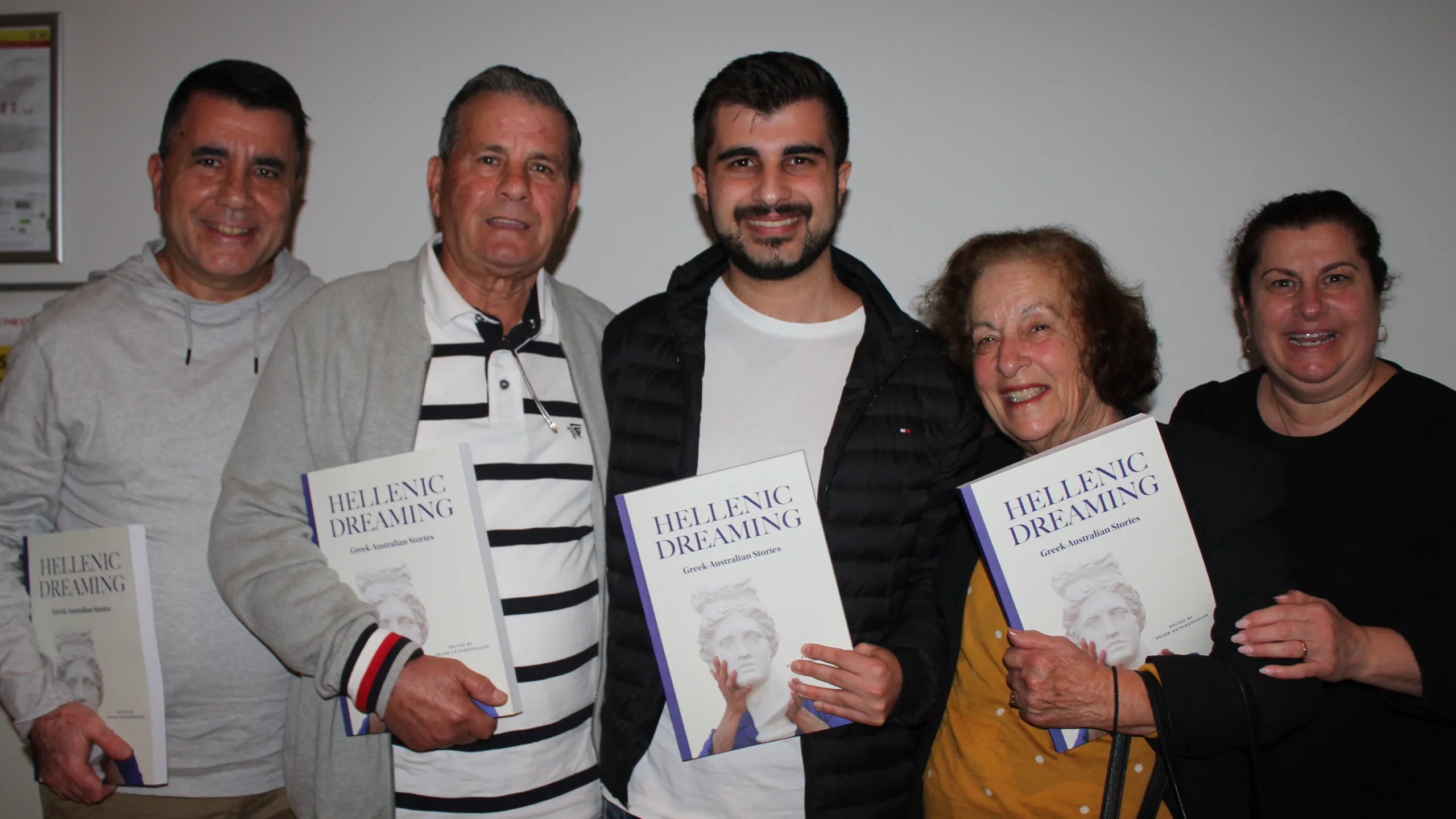Arriving at the Greek Australian Writer’s Festival at the University of Technology Sydney (UTS) on Sunday, May 19, my eye instantly catches that of a pair of proud parents exclaiming ‘that’s her!’ as they point to a page in a new anthology titled Hellenic Dreaming.
After some gentle questioning, I managed to find out that they were pointing to an essay titled ‘Good Greek Girls Do Talk About Sex’ written by their daughter Mikala Theocharous in the anthology, which was being launched later that day at the festival.
“It’s amazing to see the next generation doing better than we did and getting more educated and seeing a different perspective of how they’ve been brought up,” Mikala’s mum Maria Theocharous told me.
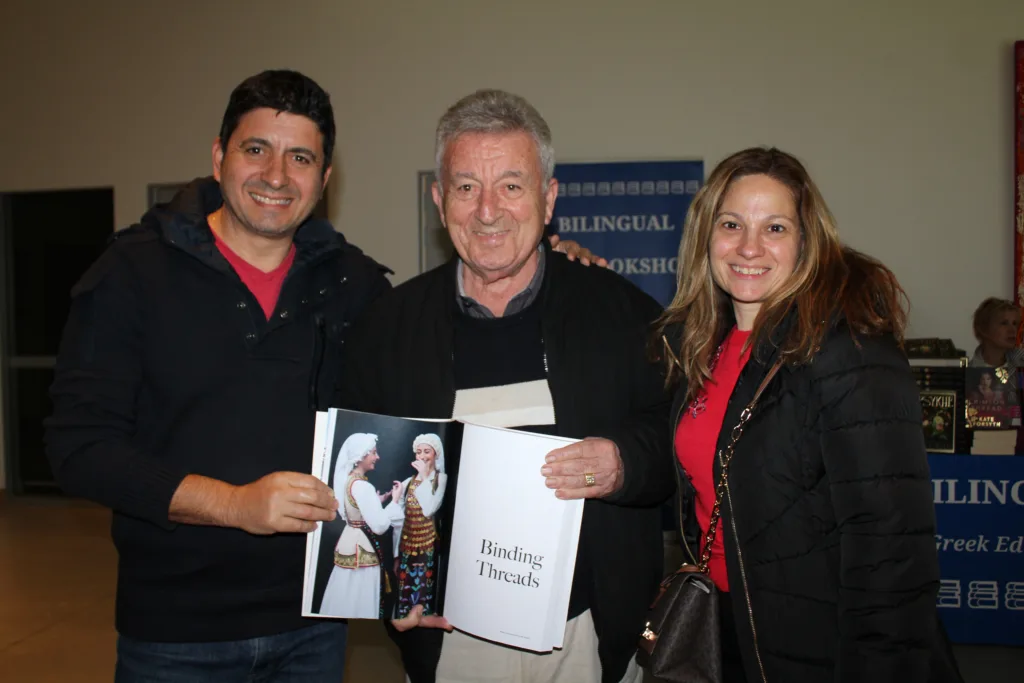
Her statement summed up the main idea of Hellenic Dreaming perfectly.
The anthology was edited by the Director of the Greek Australian Writers’ Festival and Professional Industry Fellow with UTS, Dr Helen Vatsikopoulos, and it was created for the Greek Festival of Sydney and published by the Greek Orthodox Community of New South Wales (GOCNSW).
It draws on the experiences of 37 first to third generation Greeks Australians ranging in age from early 20s to late 70s, who share their thoughts on the distinct Greek Australian hybrid culture and identity that is emerging within Australia’s multicultural society.
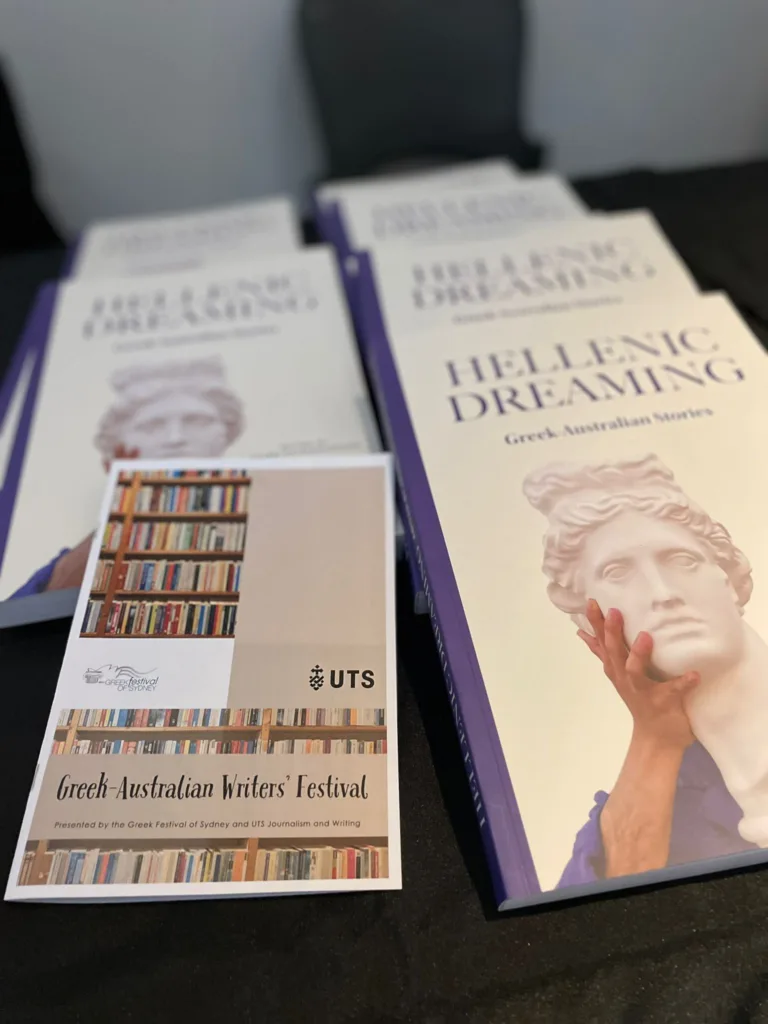
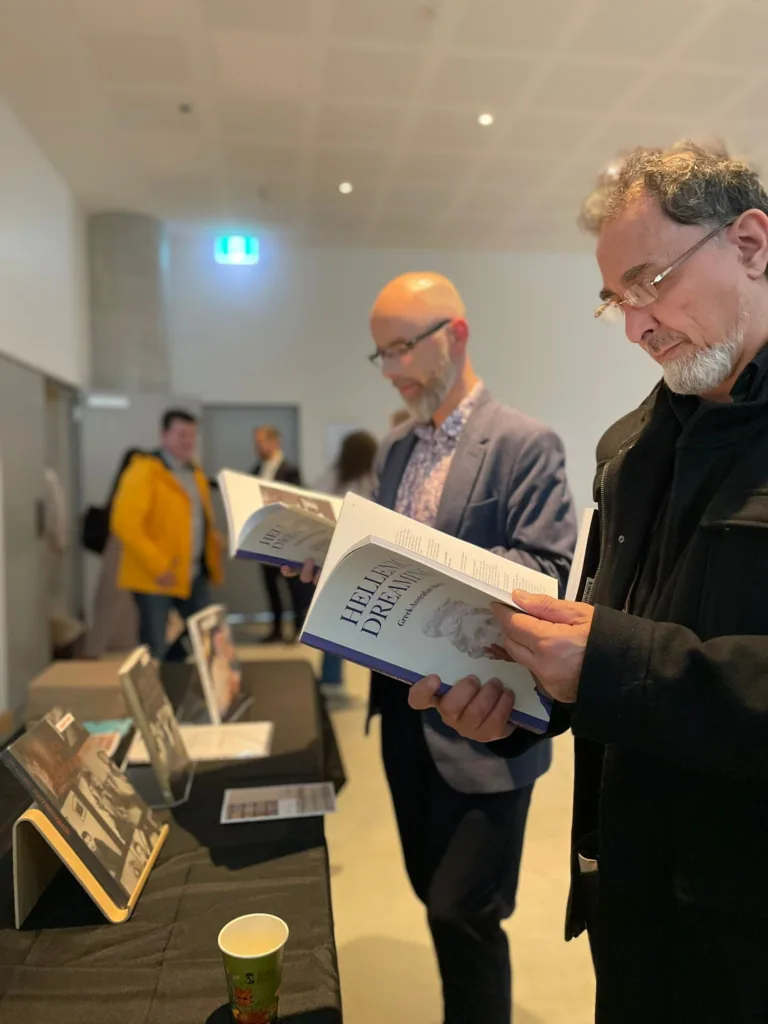
Dr Vatsikopoulos tells The Greek Herald on the day that the anthology is important to ensure the Greek Australian story remains relevant.
“No one’s interested in Greek stories because we seem to be too established… that’s why I thought, ‘I think we should do this [produce Hellenic Dreaming].’ I think it’s a really good snapshot of what we think today and the Greek Australian experience,” she said.
“My son looked at it and he said, ‘so this is a book about how my yiayia traumatised me’ and I said, ‘no it’s not’ but that’s an element of it. We have to be honest, it was hard being a young woman in the 70s and the 80s.”
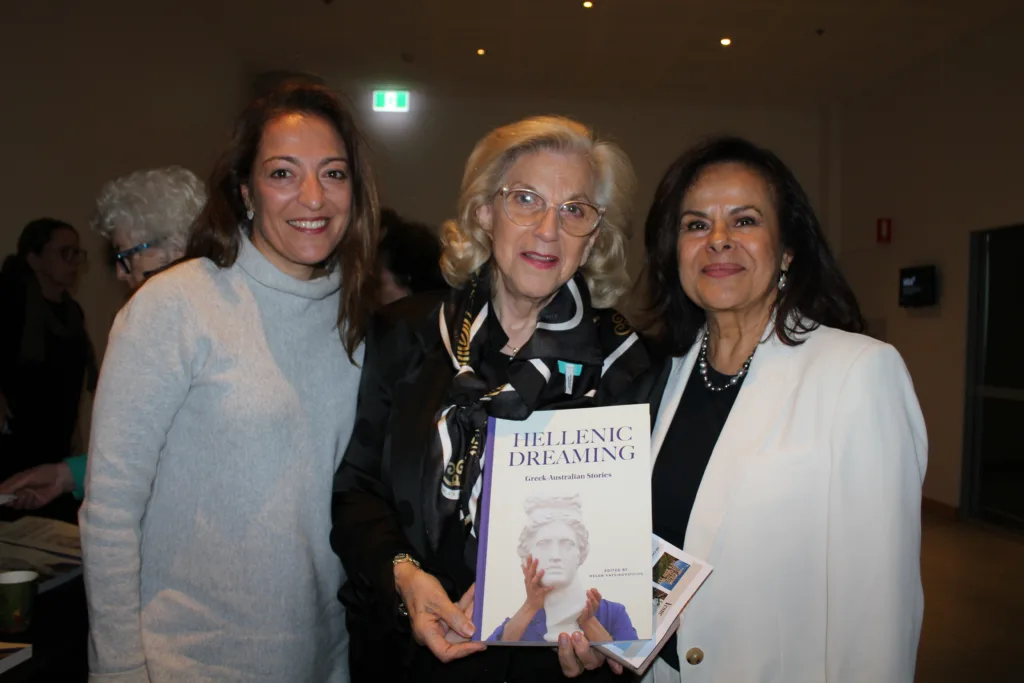
Dr Vatsikopoulos added that the anthology can be read and enjoyed by everyone.
“It’s not an academic book. I wanted people to be able to read it and understand it. And it’s not a trauma book. But there are academics and there is trauma and there’s also joy and personal stories,” she said.
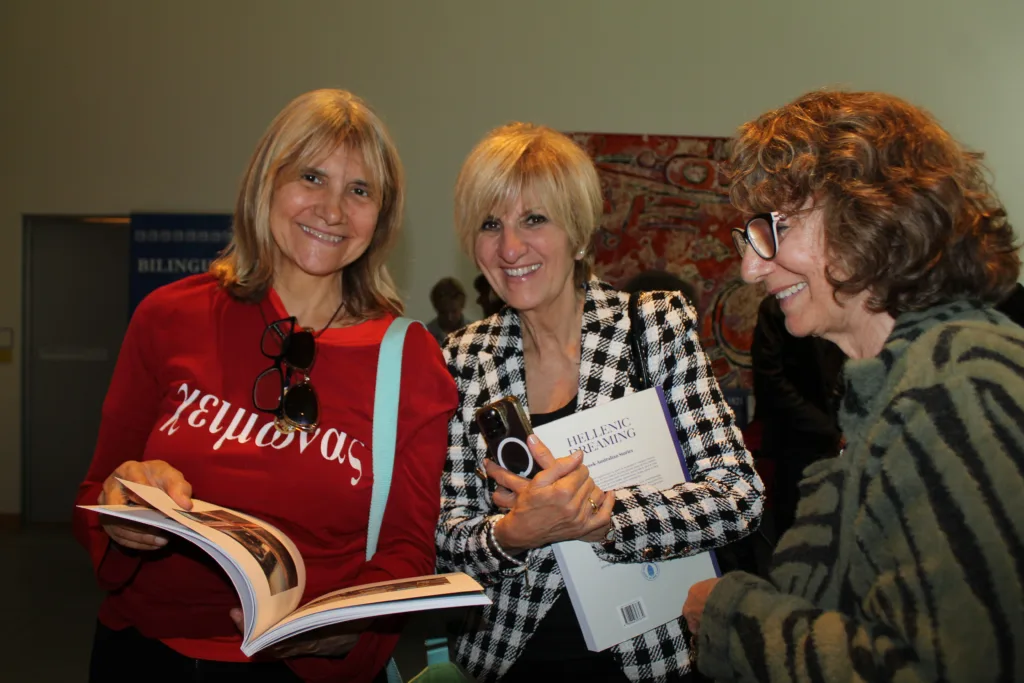
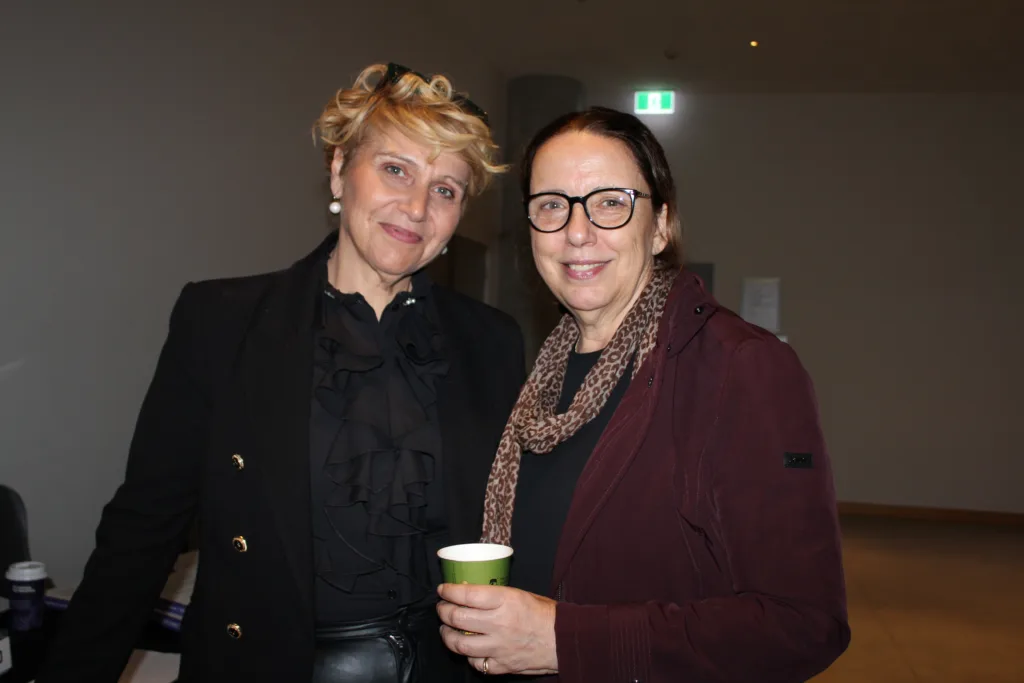
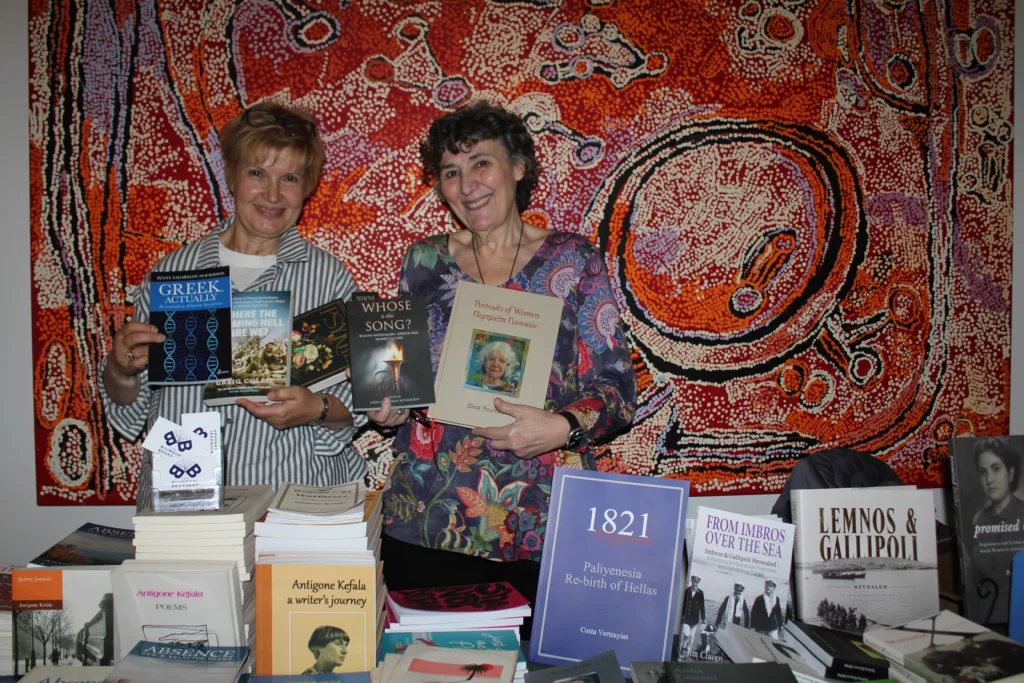
Besides these themes of trauma and identity, the Greek Australian Writer’s Festival – which was presented by the Greek Festival of Sydney and UTS Journalism and Writing – also spotlighted a number of other topics of interest. From exploring genealogy to Greeks and Australians in war, visual storytelling and a tribute to the late poet Antigone Kefala, this year’s writer’s festival had it all.
Starting at 10am until 7pm at the Dr Chau Chak Wing Building, there were constant 45-minute author sessions facilitated by a number of renowned journalists and historians such as Anna Patty, Dr Phil Kafcaloudes, Tony Maniaty, Helen Tzarimas, Effie Carr, and Dr Vatsikopoulos.
In the first session, Eleni Elefterias-Kostakidis spoke alongside contributors in her book, Whose Is This Song. They spoke about how the book looks into issues in Balkan history, nationalism and the region’s rich and complex cultures.
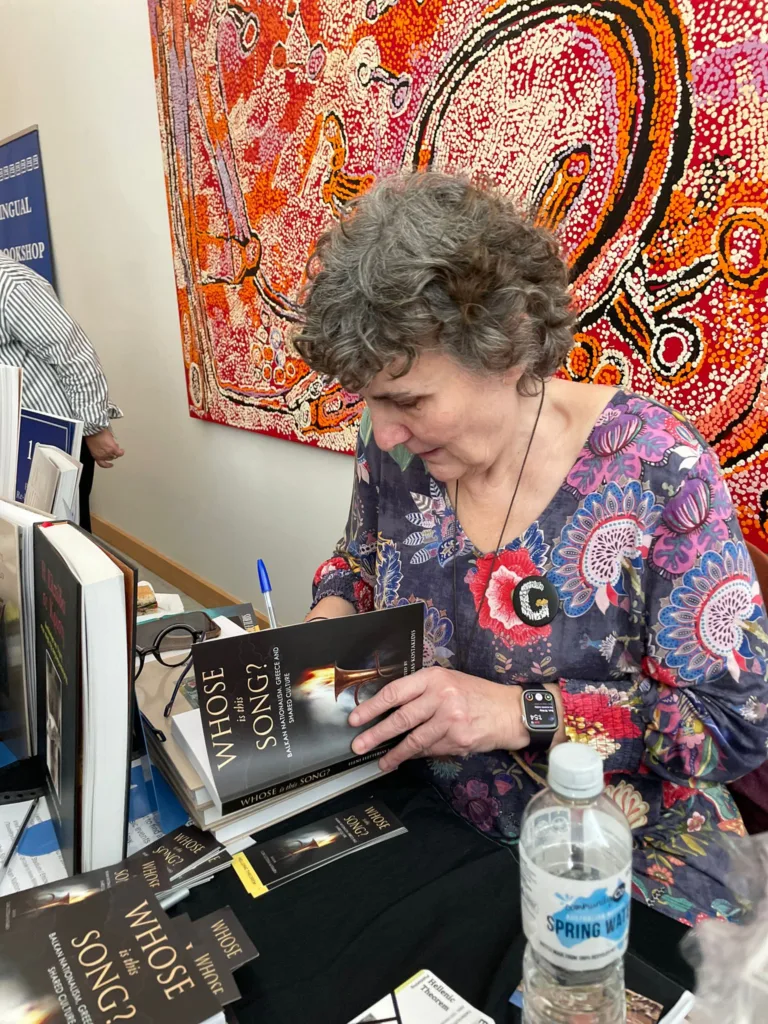
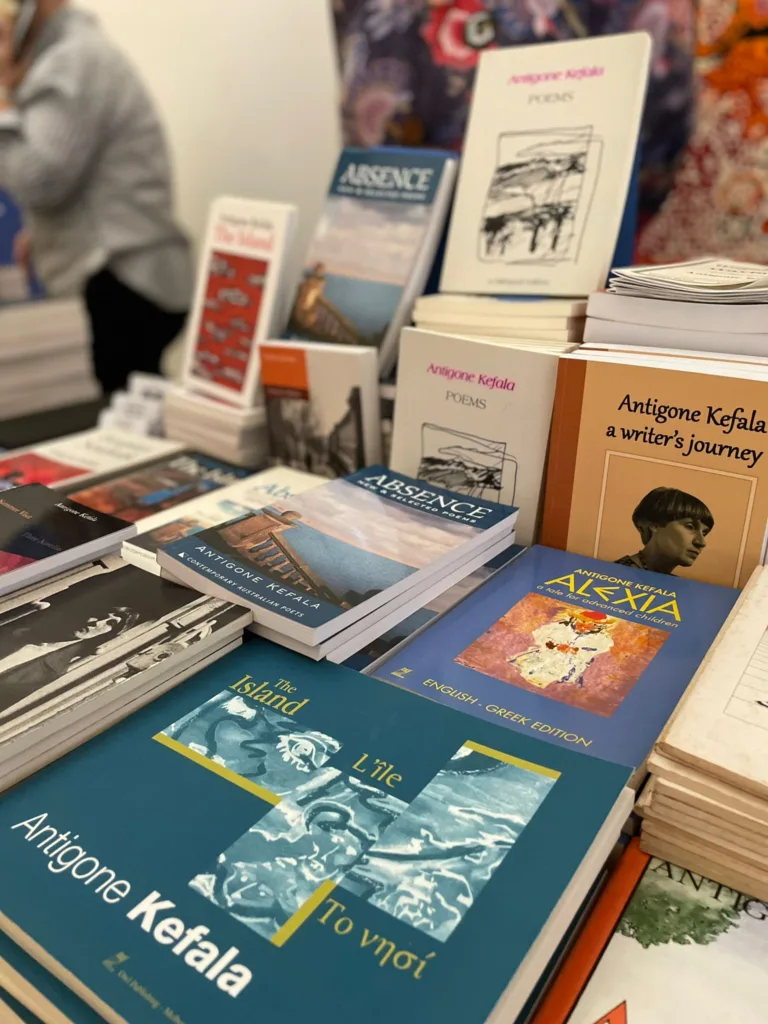
Next, Craig Collie (Where the Flaming Hell Are We?) and Con Aroney (Bound By Two Homelands – A Kytherian Odyssey) detailed how their books showcase how Australians and Greeks have been bound by war.
The President of the Greek Cultural Centre in Tashkent, Costas Politis showcased rare photographs from the centre’s archives and recounted the stories of political refugees of Central Asia, a largely forgotten chapter of Greece’s turbulent 20th century history.
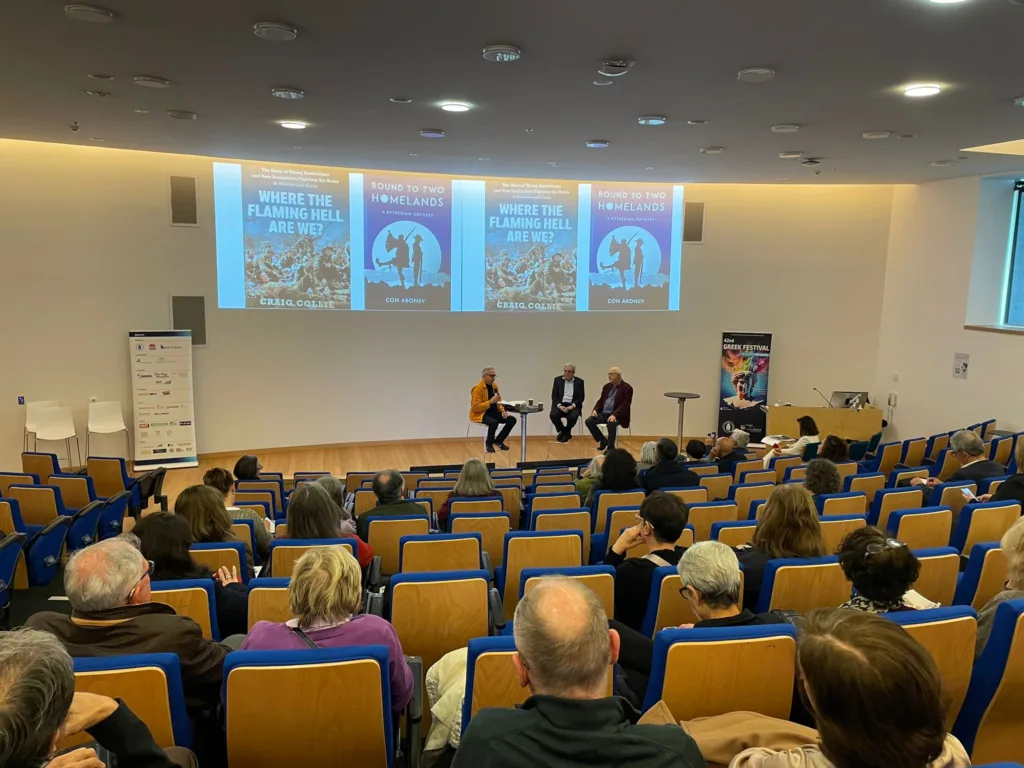
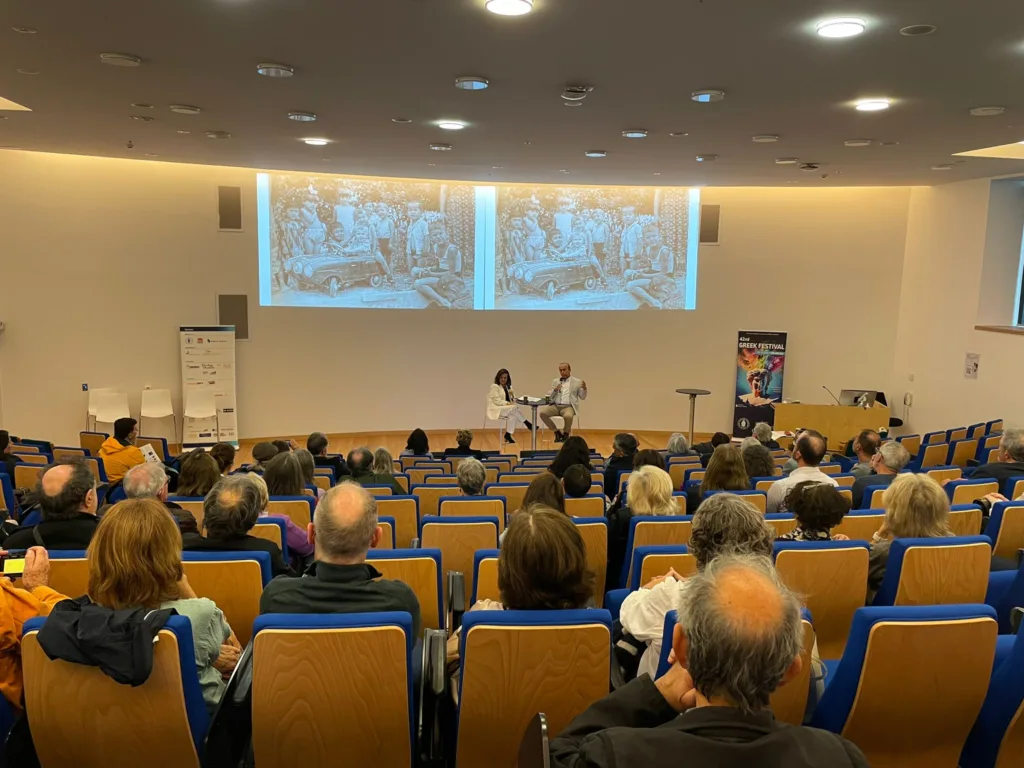
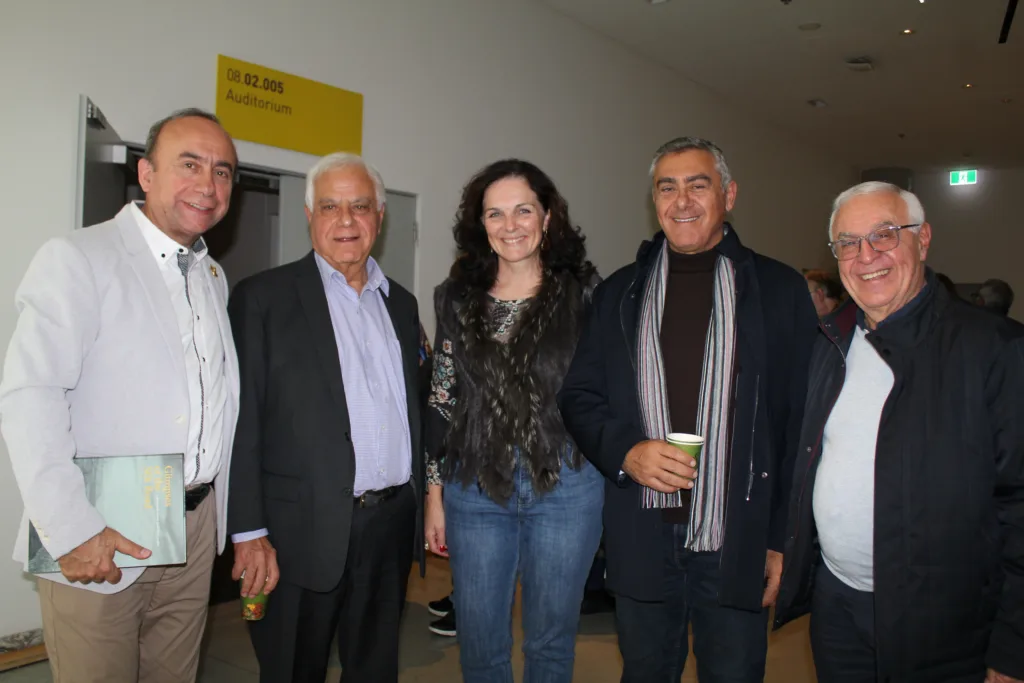
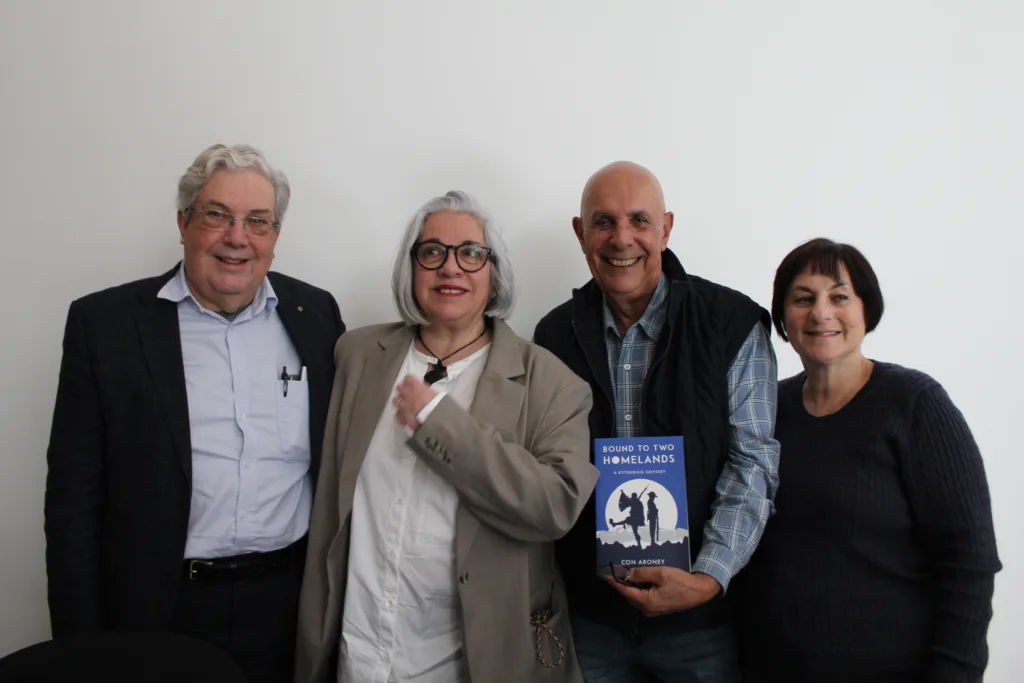
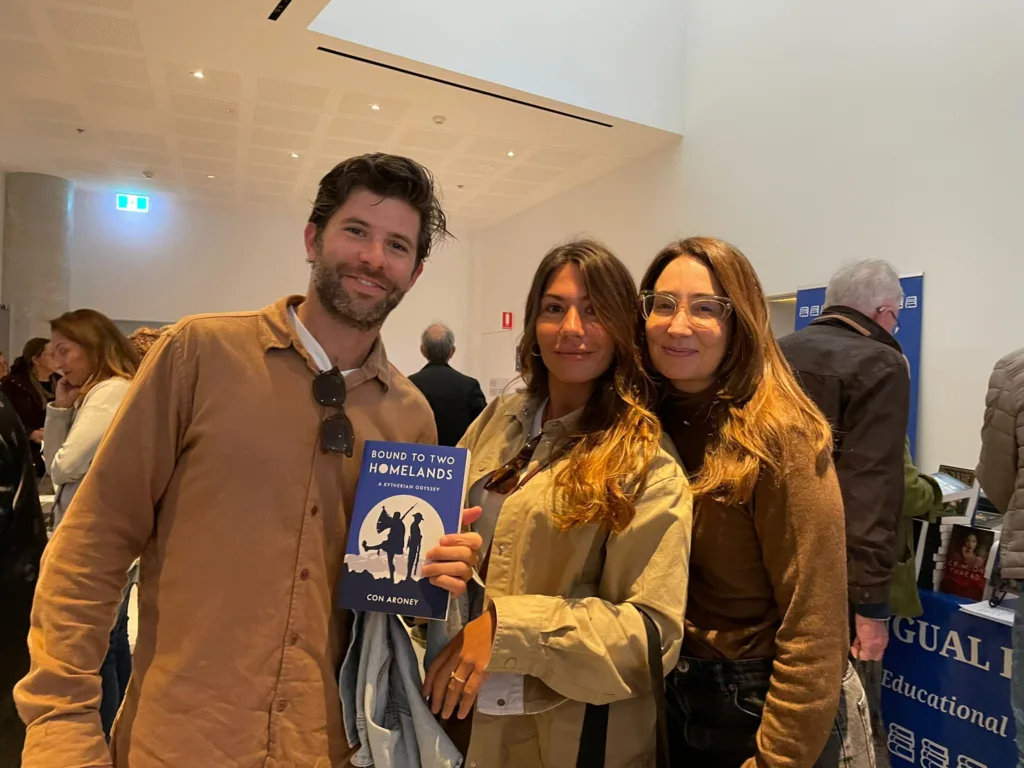
After a light lunch break where attendees took the opportunity to browse books on sale at the Greek Bilingual Bookshop stall manned by Ms Elefterias-Kostakidis and Katerina Vetsikas, the Hellenic Dreaming anthology was officially launched. Mikala, alongside Peter Polites, Andrew Pippos, Nicholas Doumanis and Olympia Thea, spoke about their written contributions during a panel moderated by Dr Vatsikopoulos.
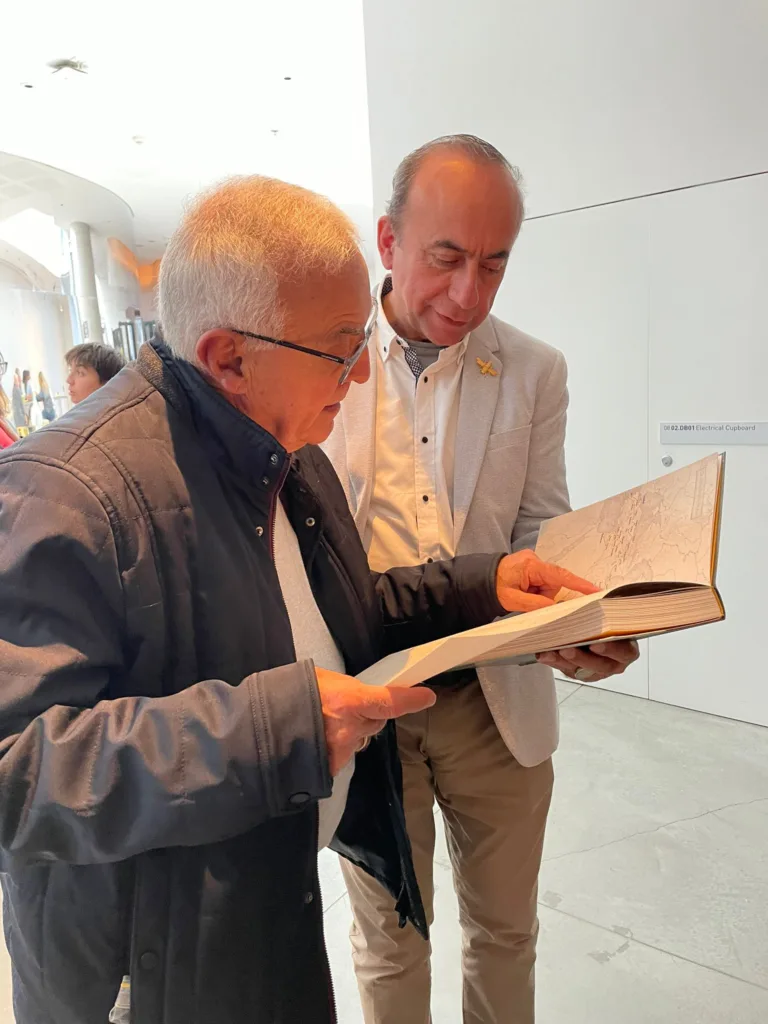
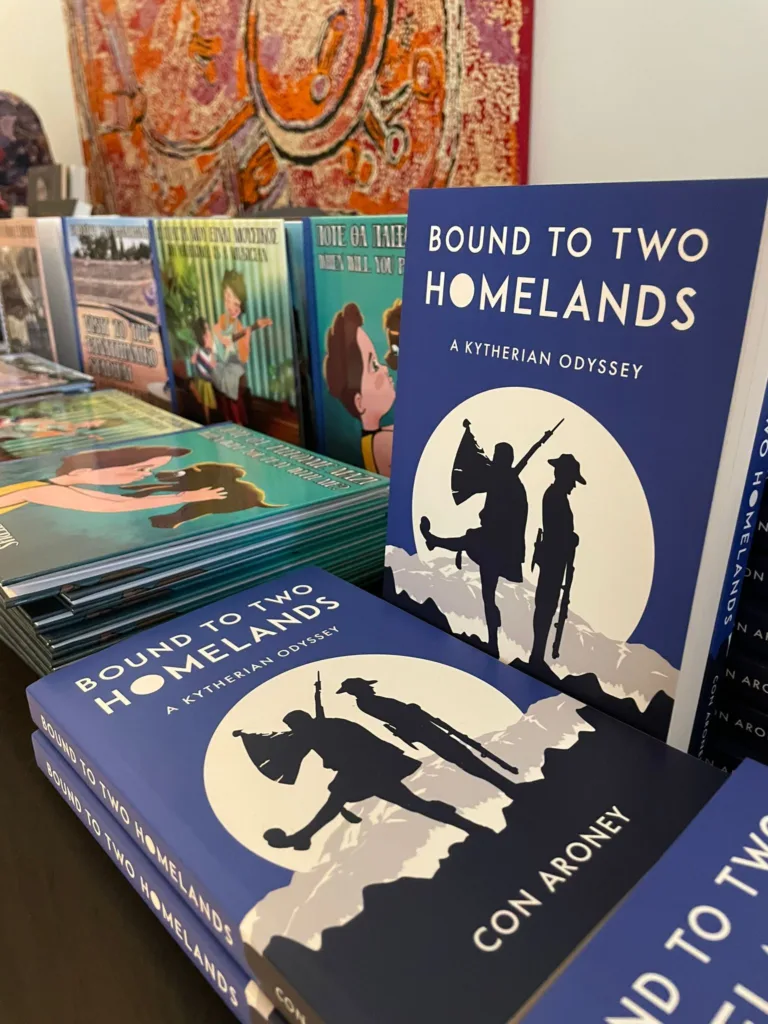
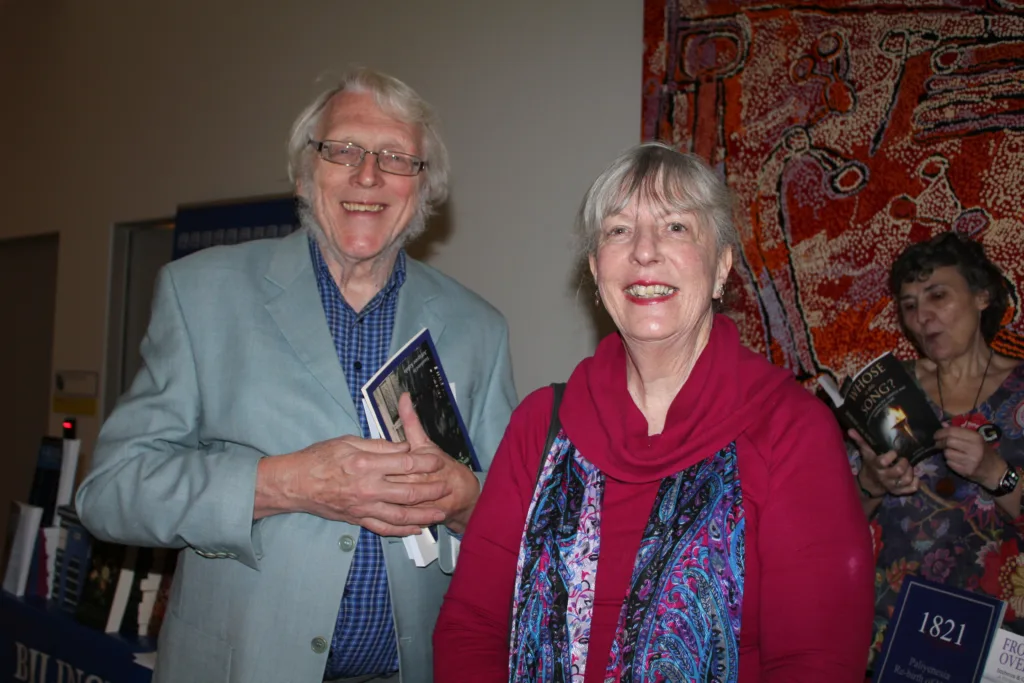
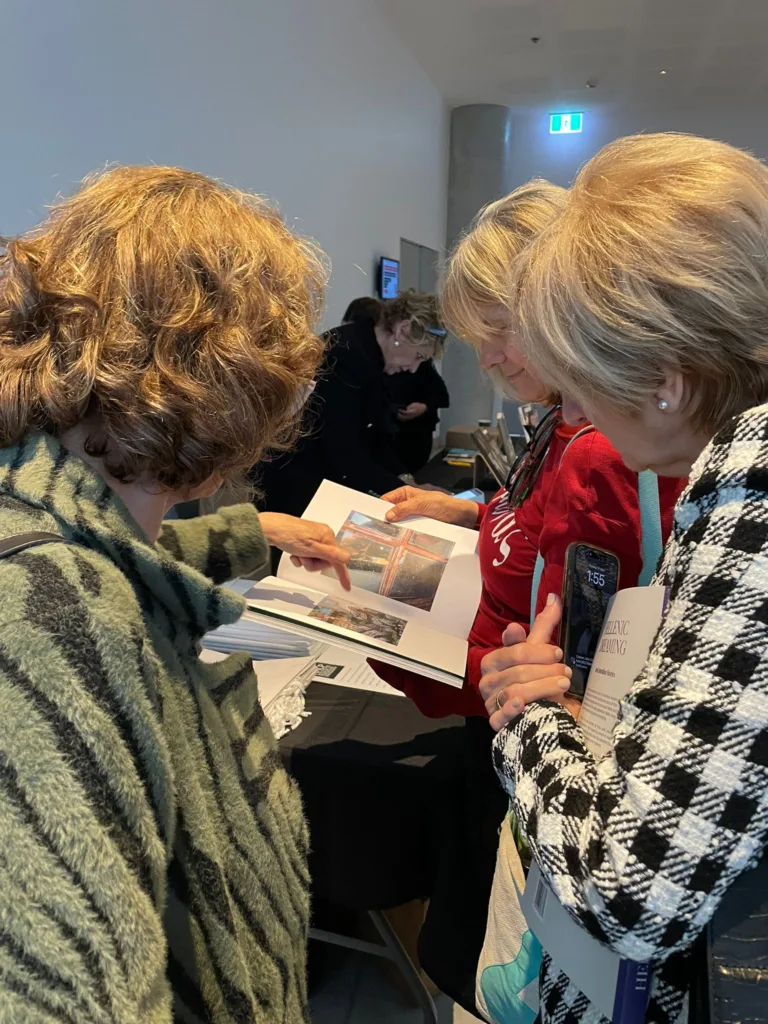
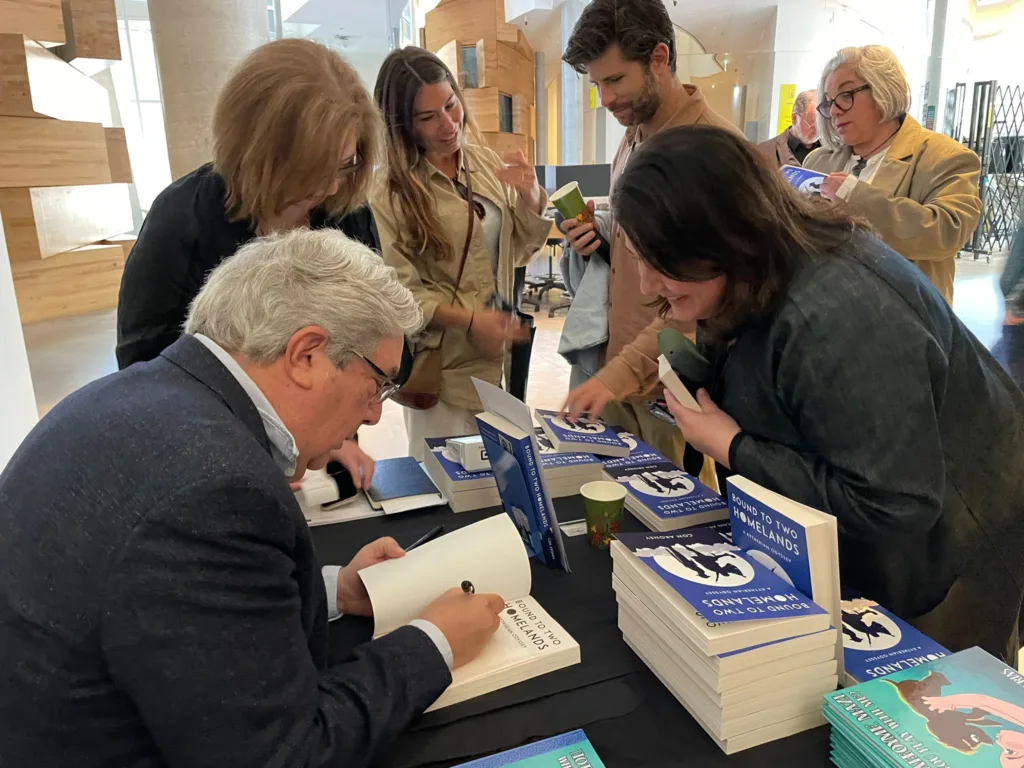
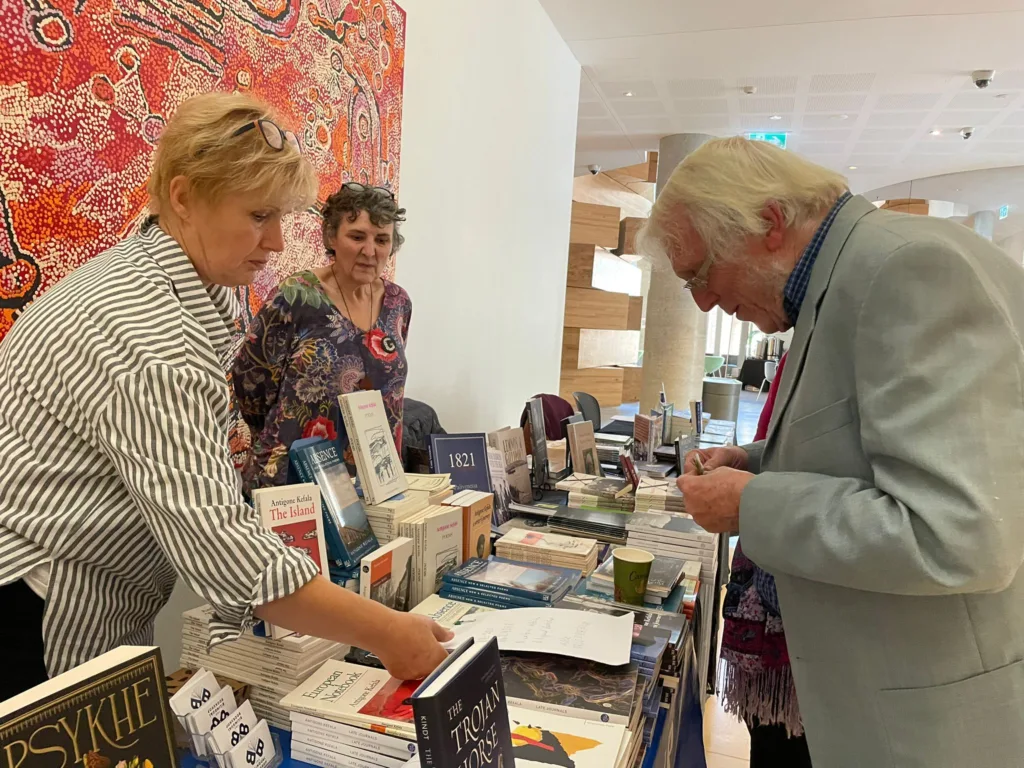
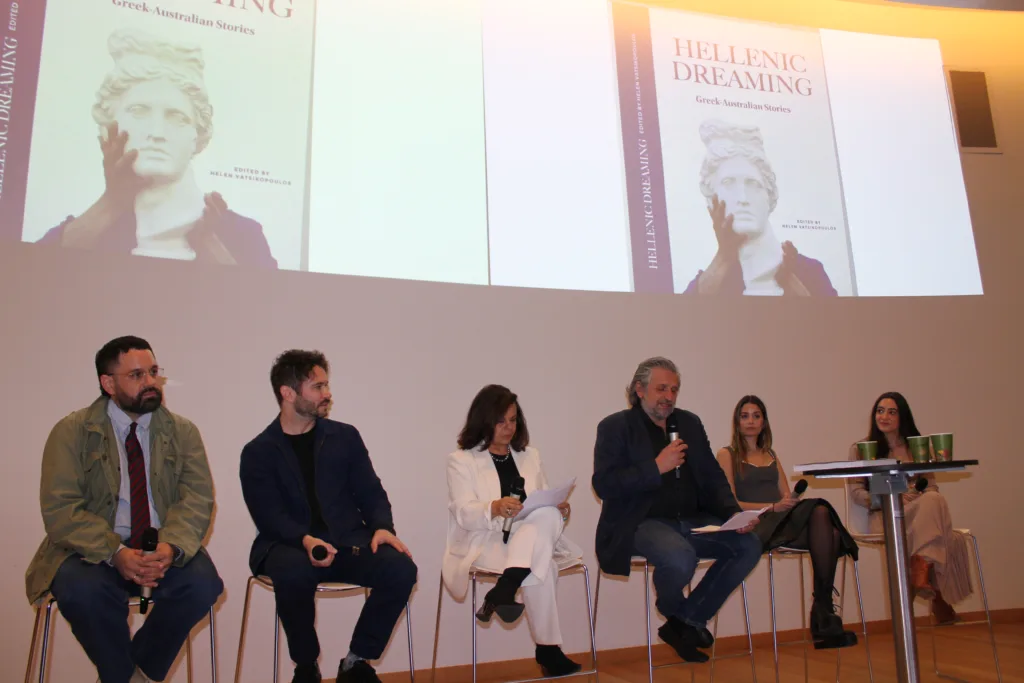
Penny Zagarelou-Mackieson (Greek Actually: Disentangling Adoption Deceptions) shared her journey to finding out she was adopted and had Greek heritage, while Professor Julia Kindt (The Trojan Horse and Other Stories: Ten Ancient Creatures that Make us Human) and Kate Forsyth (Psykhe) spoke about the importance of retelling Greek mythology.
In amongst all this was a tribute to the Greek Australian poet and prose writer, the late Antigone Kefalas. Antigone was awarded the Patrick White Prize Literary Award in 2022 for her outstanding contribution to Australian literature. She died one month later.
Her achievements were explored at the writer’s festival with readings of her work by a panel of writers, some who knew her. Lawyer and author Effie Carr (Stamatia X and Kalliope X) lead the discussion alongside Anna Couani, author of seven books and a visual artist who runs the The Shop Gallery in Glebe; Efi Hatzimanolis, a poet, writer and independent scholar; George Alexander who was also personal friend of Antigone’s; and Ivor Indyk, Antigone’s publisher from Giramondo Press.
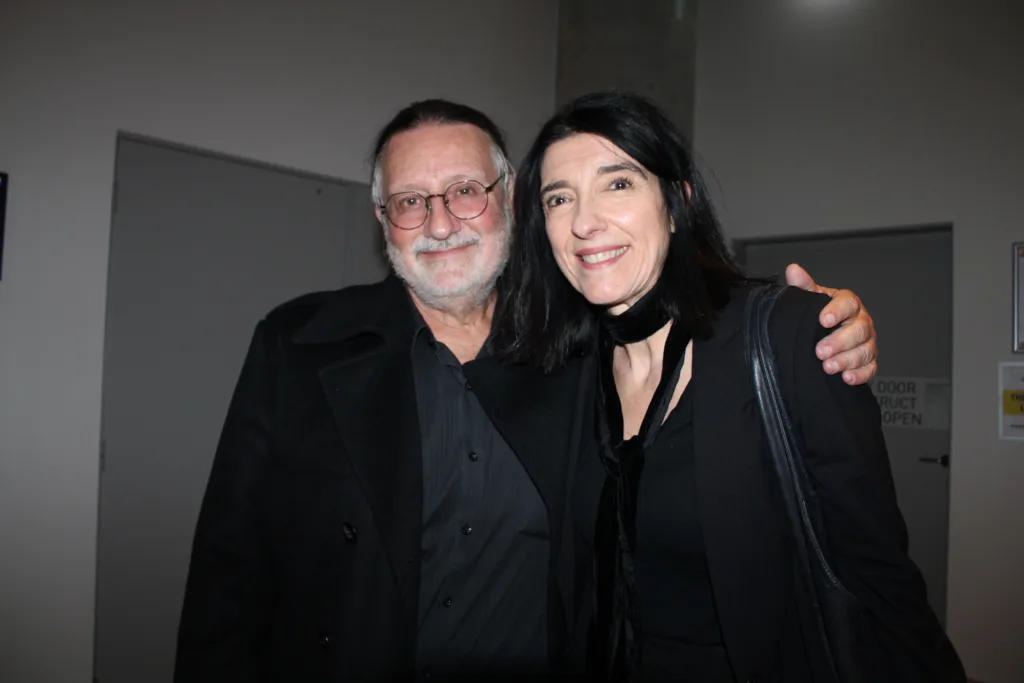
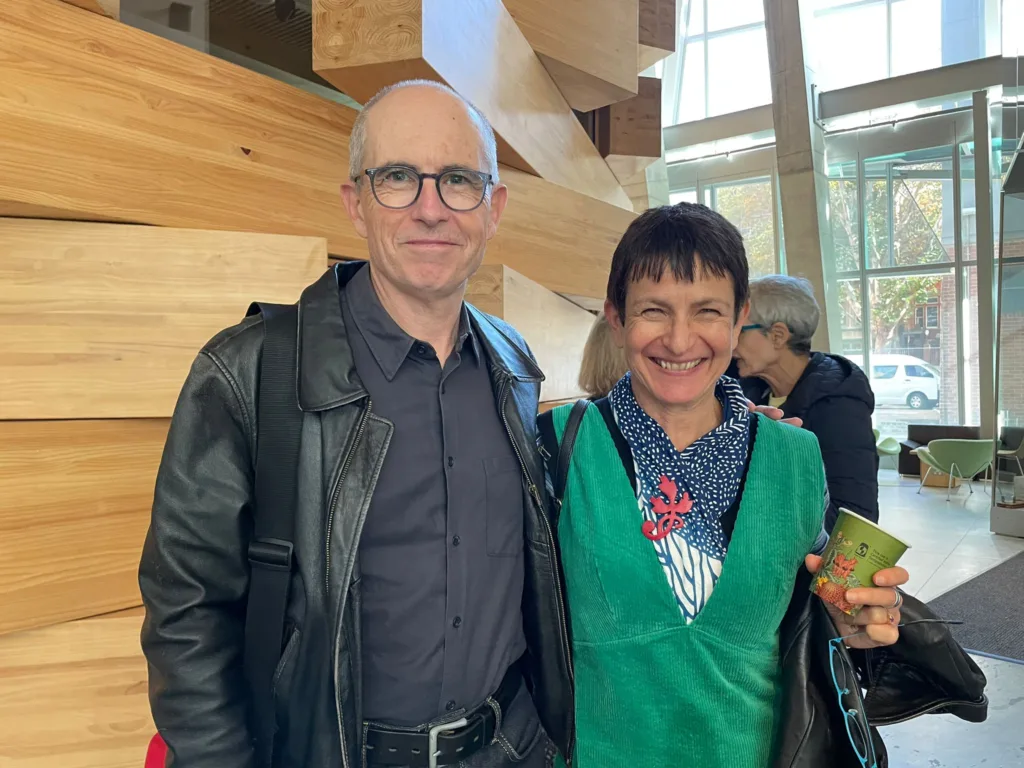
“Antigone is a very important Australian literary figure. Her poetry and prose have touched and been read by so many people. I think she’s changed the way Australian literature is viewed,” Effie told me when I asked about the importance of the tribute.
The Greek Australian Writer’s Festival didn’t end there however. There was one final panel focused on visual storytelling and the publication Epistrofi. Produced by The Australian Museum of Contemporary Photography, the publication features text and photographs by 16 contributors who had returned to their ancestral homelands in Greece for the first time since the COVID-19 lockdowns.
It was an appropriate finale for this year’s Greek Australian Writer’s Festival as it encompassed the overall vibe on the day – a celebration of Hellenism and how it can continue to thrive in the face of hardships through literature, photographs and personal stories.
*All photos copyright The Greek Herald / Andriana Simos.
